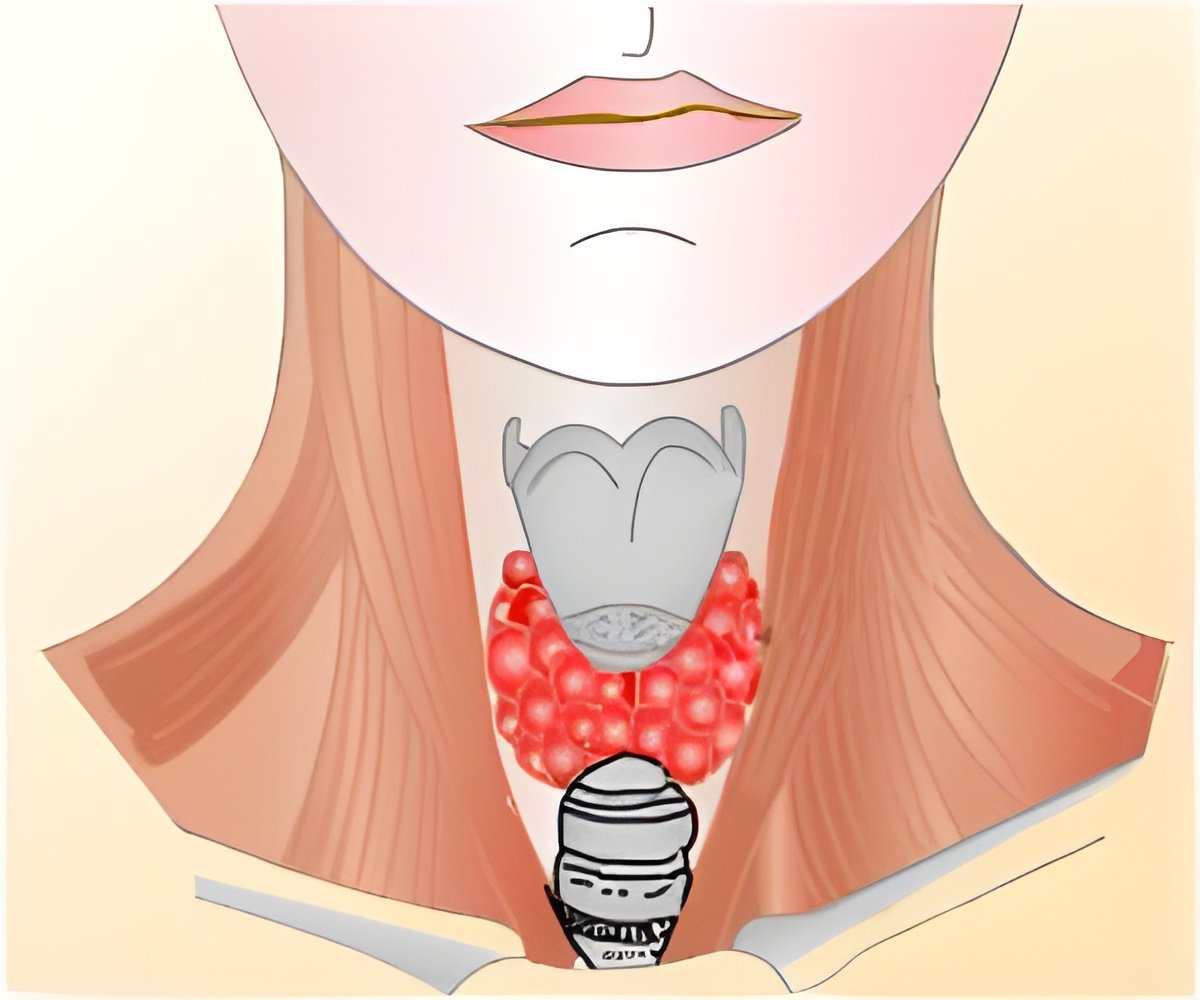Autoimmune thyroiditis (AIT) accounts for more than 40 percent of all cases of depression and 30 percent of all cases of anxiety, found study.

‘Autoimmune thyroiditis (AIT) accounts for more than 40 percent of all cases of depression and 30 percent of all cases of anxiety.’





After realising that more than one in two people diagnosed with anxiety and depression - and only in these cases, not other conditions - also tested positive for antibodies I decided to investigate the issue in more detail.' With the help of the co-authors and a student of psychology at the University of Bamberg, Eva-Maria Siegmann, Dr. Grömer drew up a systematic overview of the current state of research and calculated the strength of the connection on the basis of statistics. For his metastudy, Dr. Grömer combined 21 independent studies based on a total of 36,174 participants. 35,168 of the participants suffered from depression and 34,094 from anxiety. Initial diagnosis of autoimmune thyroiditis
Dr Grömer stresses that 'most patients felt a sense of relief after receiving the diagnosis, as very often they had been left with no explanation for their symptoms.' Autoimmune thyroiditis leads to a lasting inflammation of the thyroid gland. Hormones from the thyroid influence the metabolism and cellular energy balance as well as perceived energy levels and the psyche. AIT leads to specific mental symptoms, including inner unrest, tension and exhaustion. People tend to fall ill between the ages of 30 and 50, with women being affected considerably more often than men. As the disease often first becomes apparent around the same time as the menopause and tends not to cause any pain, it is easy to miss the inflammation of the thyroid gland, or misdiagnose it as 'menopausal symptoms' or depression or anxiety alone.
Widespread
The fact is that calculations have shown that patients with AIT are 3.5 times more likely to suffer from depression, or 2.3 times more likely to suffer from anxiety. Dr. Grömer gives a detailed description of the disease in his article. The article gives a description based on thorough research of the relevant literature showing how if doctors recognise the links between the disorders they can prescribe a special treatment and use antidepressants that do not affect patients' weight and the trace element selenium from an early stage. Ensuring that patients are well informed is crucial. Dr. Grömer therefore recommends screening all patients diagnosed with depression and anxiety for AIT, determining which antibodies they have. In addition, in future psychiatric research on depression or anxiety, AIT sufferers should be recognised as a separate group in order to cast more light on the connections.
Advertisement















